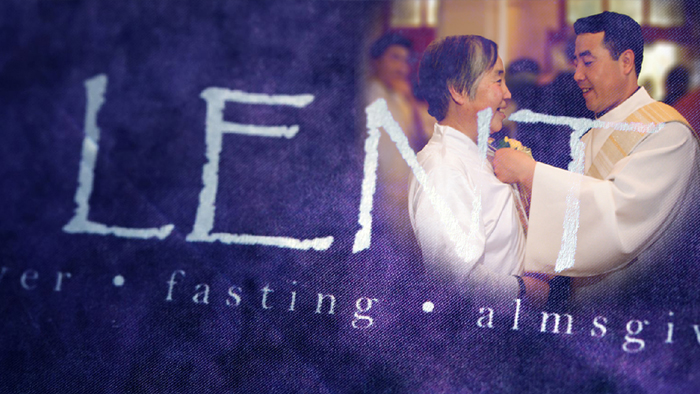One of the spiritual practices retained among the faithful in China is fasting. Whenever I return home to visit my family, I must observe the holy and nonnegotiable rule, which is to fast every Friday. If it is in the season of Lent, they fast both on Wednesdays and Fridays. In a jocular manner, I once tried to persuade my belated mother to change the “old fashion” practice because I love every meal that she prepared me. “Mom, I thought we only fasted because we did not have enough food to eat while we were young, now we have plenty, do we still have to fast?” I even attempted to quote Jesus’ saying, “do you fast while the bridegroom is here? You can fast after the bridegroom leaves.” Furthermore, I explained that fasting is only observed on Ash Wednesday and Good Friday in the US. My mother would respond with a serious tone, “no wonder you have so many problems in the Church.” After numerous attempts, I gave in and followed the golden rule, to fast on Fridays and, in addition, on Wednesdays during Lent.
Prayer, fasting, and almsgiving are the three pillars of our Christian spiritual life. They are rooted in holy scripture and Jesus taught His disciples and followers to observe them. The Church valued these teachings of Christ and has practiced them throughout history. After Vatican II, the Church continued to value the importance of fasting but left it up to the people to choose how and when to fast. Since then the practice of fasting has seriously declined. Is it because Catholics have become affluent? Or that we can see no value in suffering from hunger? Or is it because we think the bridegroom is with us?
Materialism can be defined as the tendency to seek satisfaction through material possessions and physical comfort. The physical comfort part seems to be slowly clouding over our spiritual wellbeing. Jesus sternly warned His followers about the dangers of wealth and material allurements. We read in the New Testament where Jesus prayed and fasted for forty days to prepare His public ministry. Jesus was tempted in His hungry state, but He resisted by saying, “one does not live by bread alone, but by every word that comes forth from the mouth of God” (Mt 4:4).Yes, fasting can be painful. But for Jesus, it opened up and clearly showed the path toward God and God’s mission for Him.
By fasting we deny ourselves which opens for us the way to God. It puts God above all things. By turning from material and physical things we experience the other side of ourselves and affirm the fact that we are not just physical but also spiritual beings. Renouncing sensual pleasures opens our hearts to find true joy and hope for all that we need in God’s love.
As human beings, fashioned with the gift of free-will and discretion, we have the ability to step away from the world for a time and to set aside that which is most necessary for life—material food—in order to rediscover spiritual food. Those who suffer from obesity are urged by their physicians to go on a diet and lose some weight for their physical health. In a more profound way Jesus’ fasting exemplifies and advocates for our spiritual well-being.
We can easily be tempted to indulge in more food, drink, and obtain more material goods. especially in our contemporary milieu which denies the value of fasting whether for God or for anything. However, if fasting is the way of Jesus and the pathway to God, I advise you not to try to persuade your mom to give up her spiritual practices in order to fill your insatiable stomach.
Fr. Peter Zhai, SVD

